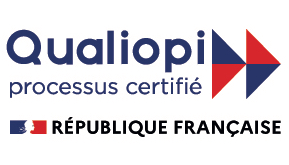Many languages have words that have more than one meaning, and French is no exception. If you are taking a course in our French language school, you will learn many examples of French words with two meanings. It is a very important part of your studies to do this, because otherwise it is easy to make silly mistakes when talking to a French speaker, and although this doesn’t really matter, it can be embarrassing and even dent your confidence.
So let us take a look at some widely used French words with more than one meaning.
Un and Une are little words that can make a big difference
There are many French words that have a different meaning when they have the other indefinite article in front of them. Un goes in front of masculine words and Une means “a” in front of words of the feminine gender but, although a word can have the same spelling, it can mean something very different depending on which indefinite article precedes it. For example, un tour is a trip, and une tour means a tower. Un livre is a book, and une livre means a kilo.
Another example is un manche, meaning a handle, while if you said une manche you would be talking about a sleeve.
Words with two or more meanings
There are also many French words that have more than one meaning, and this is not changed by an indefinite article and their gender but by the context they are used in in a sentence. For example, une feuille means a leaf of a tree or a sheet of paper. Some words can have different meanings when used as an adjective from their meanings when used as a noun.
Bon means good when describing something, but used as a noun it means a voucher. The same word as an adverb can be used to signify then.
French Homophones
Homophones are words which are pronounced in the same way but have different meanings, and possibly different spellings too. There are a lot of French homophones that can cause confusion. Accro means hooked or addicted, but with a c at the end to form accroc it is the word for a tear or blot. It is pronounced the same way in French.
False Friends
French teachers may use the term faux amis (“false friends”) and warn that you should watch out for these. They do not mean deceptive people but words with a great similarity in English and French but that have different meanings. The verb attendre is a good example. Looking at it from your knowledge of English you might well think that it means to pay attention, but you would be wrong. Although it looks like the English verb attend, the French word means to wait for.
It is always a good idea when learning a new language to make some friends who speak it fluently because they can help correct your errors, teach you more words, and show you how to get your pronunciation right. Your proper friends can help you spot your false ones!




